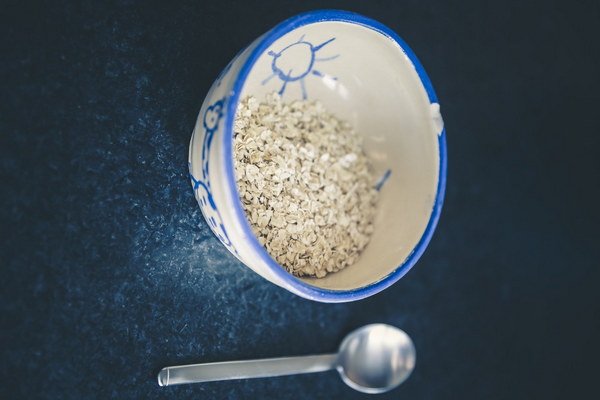Revolutionize Your Diet Embrace the Power of Herbs and Skip the Meals!
In the quest for holistic health and wellness, traditional medicine has long been a beacon of wisdom. One such practice that has gained popularity in recent years is the incorporation of herbal medicine, or Herbal Tonics, into one's diet, often with the intriguing suggestion to skip the meals. This article delves into the concept of using herbal tonics to replace traditional meals and explores the potential benefits and considerations of this unique dietary approach.
The Concept of Herbal Tonics
Herbal tonics, as the name suggests, are remedies derived from various plants and herbs that are believed to have healing properties. They have been used for centuries in various cultures around the world, from ancient Chinese medicine to traditional Indian Ayurveda. These tonics are often consumed in the form of teas, powders, or extracts and are believed to nourish and strengthen the body's systems, improving overall health and vitality.
The idea of replacing meals with herbal tonics is a radical departure from conventional dietary practices. It suggests that these herbal remedies can provide the necessary nutrients and energy to sustain the body, thereby rendering the consumption of solid food unnecessary. This concept may seem revolutionary, but it is rooted in the belief that certain herbs have the power to nourish the body on a deeper level.
Potential Benefits of Skipping Meals with Herbal Tonics
1. Weight Management: One of the most appealing aspects of this approach is the potential for weight loss. By reducing the intake of calories through solid meals, individuals may find it easier to manage their weight. Additionally, the high nutrient content of herbal tonics could help to curb hunger and appetite, further supporting weight loss efforts.
2. Digestive Health: Skipping meals can sometimes lead to digestive issues, but herbal tonics are often rich in fiber and digestive enzymes that can help maintain a healthy gut. This can lead to improved digestion and absorption of nutrients, as well as a reduction in symptoms such as bloating and constipation.
3. Detoxification: Herbal tonics are often used for their detoxifying properties, which can help to purify the blood and eliminate toxins from the body. By replacing meals with these tonics, individuals may experience a more profound detoxification process, leading to increased energy and vitality.

4. Energy Levels: Proponents of this approach believe that herbal tonics can provide a sustained and steady release of energy throughout the day. This could be due to the balanced blend of nutrients and the absence of the blood sugar spikes and crashes often associated with traditional meals.
Considerations and Risks
While the concept of replacing meals with herbal tonics may seem appealing, there are several considerations and potential risks to keep in mind:
1. Nutritional Balance: It is crucial to ensure that herbal tonics provide a balanced array of essential nutrients, including vitamins, minerals, proteins, and healthy fats. Without these, the body may suffer from deficiencies and malnutrition.
2. Caloric Intake: Skipping meals entirely can lead to a significant reduction in caloric intake, which may not be suitable for everyone. It is important to consult with a healthcare professional to determine if this approach is safe and appropriate for individual health needs.
3. Health Conditions: Certain health conditions may necessitate a more conventional diet, and replacing meals with herbal tonics could be detrimental. It is essential to consider any existing health issues before adopting this approach.
4. Dependency: There is a risk of developing a dependency on herbal tonics, particularly if they are used to replace meals. This could lead to an overreliance on these remedies, potentially neglecting other aspects of nutrition and health.
Conclusion
The idea of replacing meals with herbal tonics is a fascinating concept that challenges traditional dietary norms. While it offers potential benefits such as weight management, improved digestive health, and increased energy levels, it is important to approach this dietary approach with caution and professional guidance. As with any significant change in diet, it is essential to consider individual health needs and consult with a healthcare provider to ensure safety and efficacy. Whether or not herbal tonics can truly replace meals remains a topic of debate, but their potential as a complementary tool in the quest for holistic health is undeniable.









